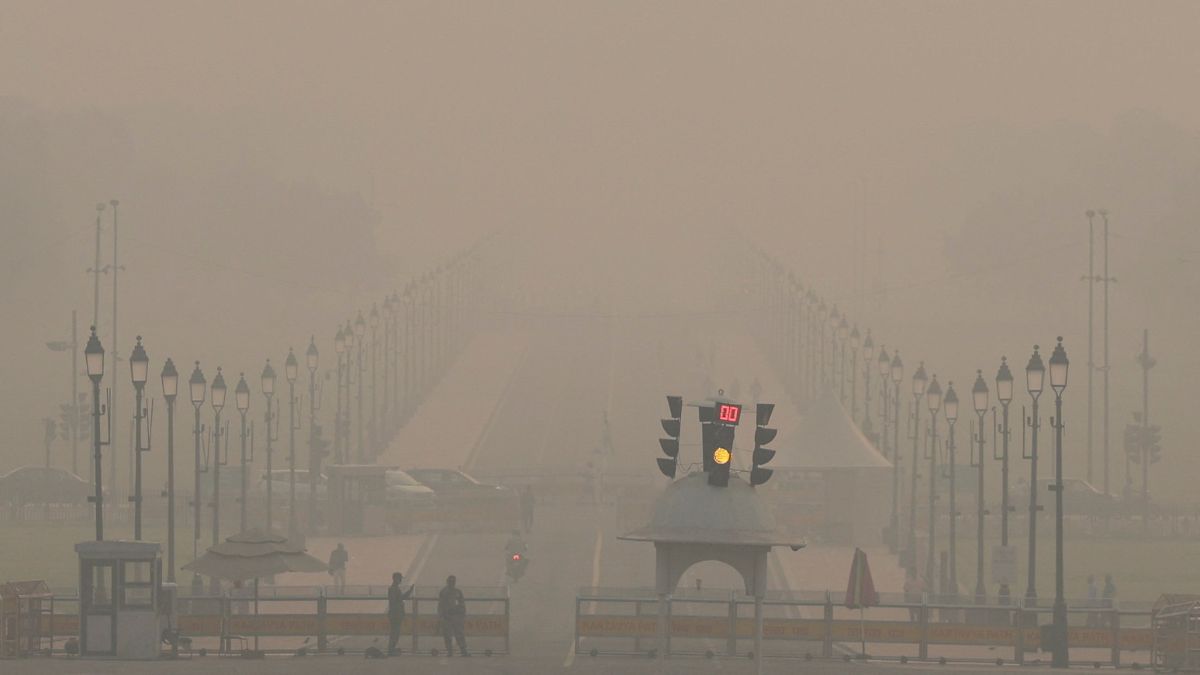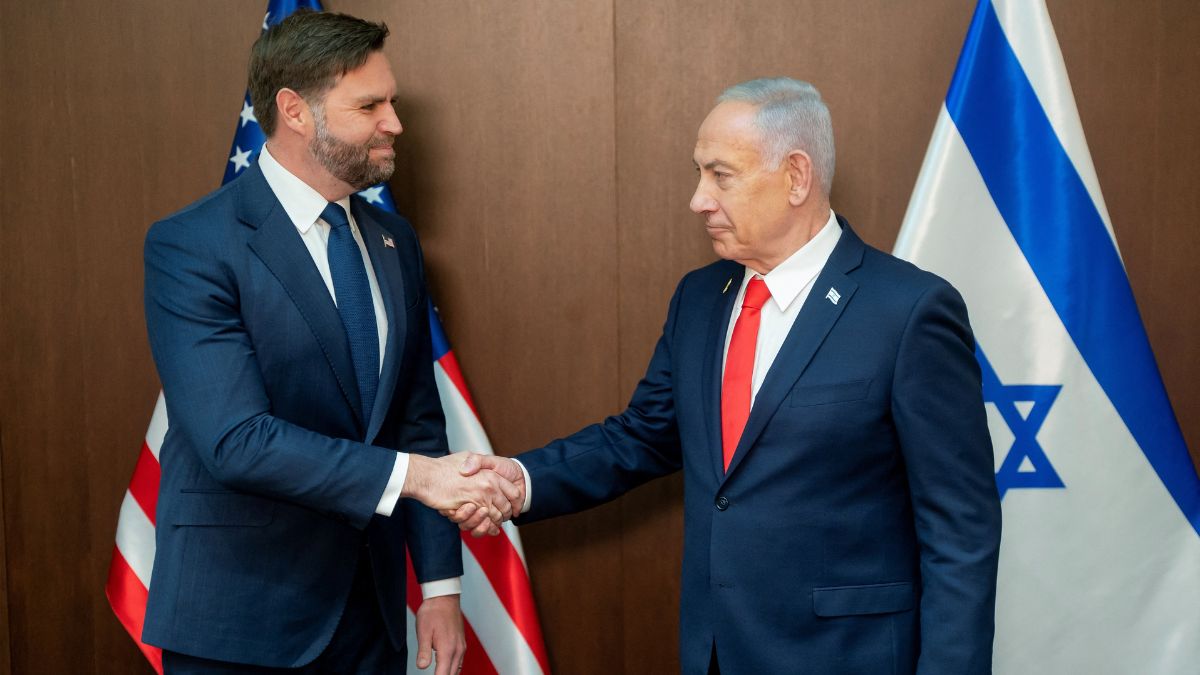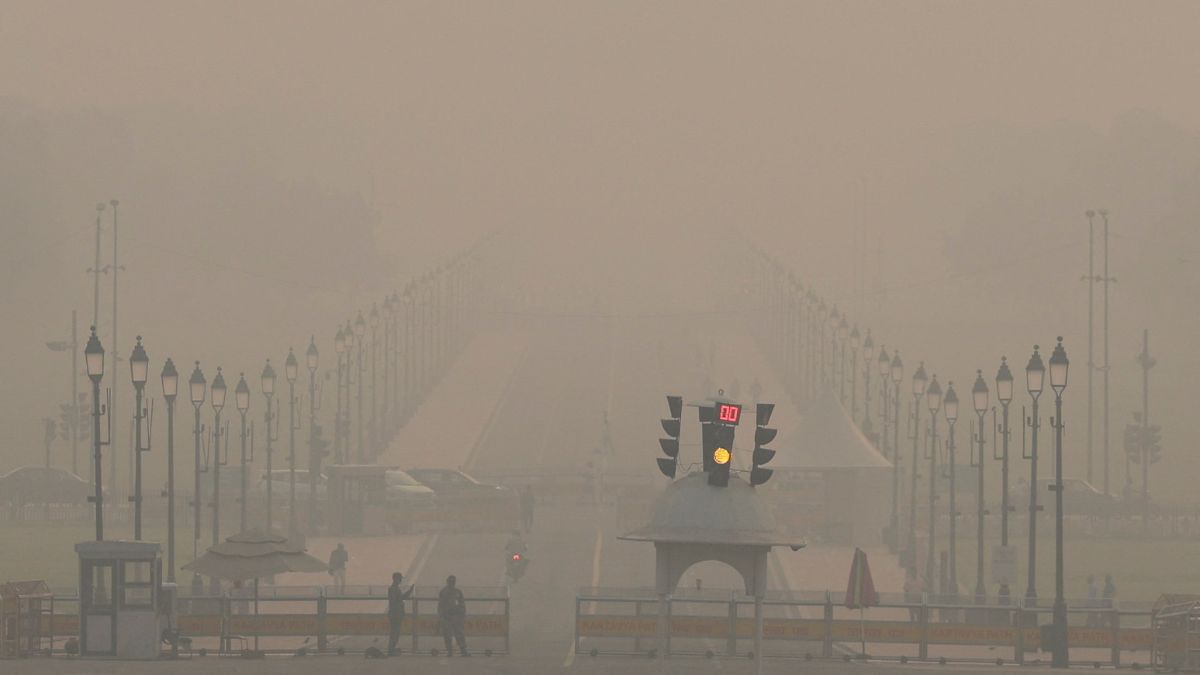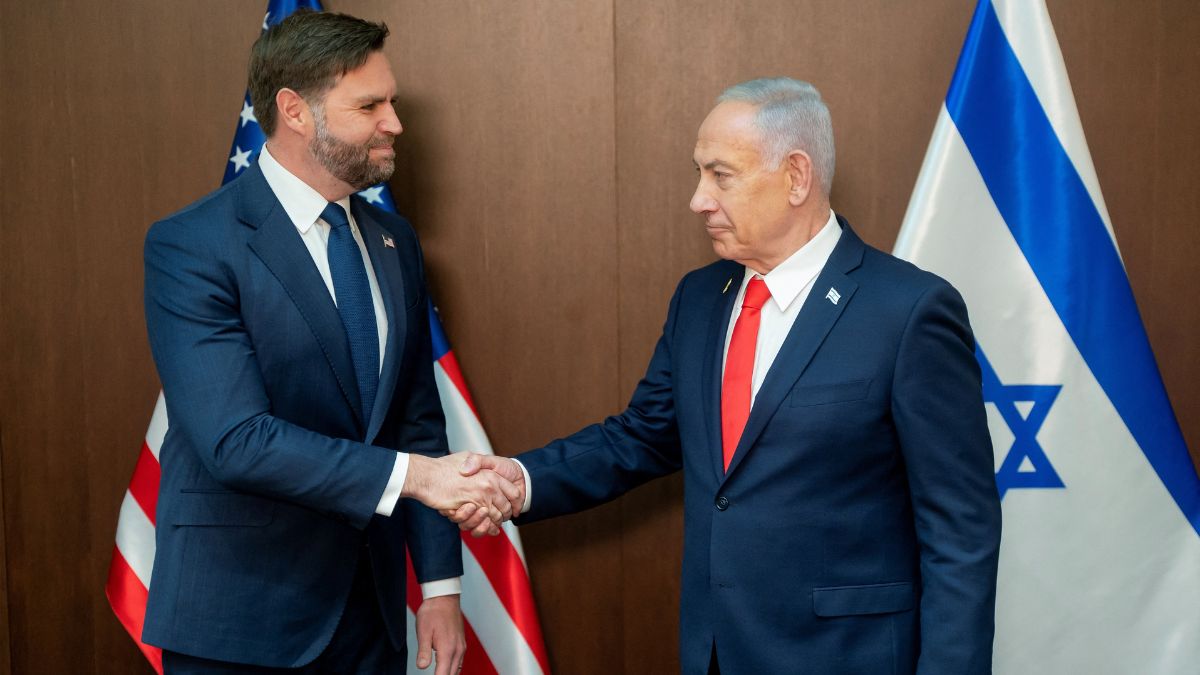The European Union’s 19th sanctions package against Russia will target four Chinese companies accused of circumventing Western restrictions, EU diplomatic sources said on Wednesday.
The list includes two independent Chinese oil refineries, a Chinese trading firm, and another entity primarily active outside the oil sector. Further details were not disclosed.
The move comes amid stalled diplomatic efforts, with EU sanctions envoy David O’Sullivan noting that China continues to claim it is engaged only in “normal trade.” The EU, Ukraine, and allied nations, however, consider China a key player in helping Moscow bypass sanctions imposed since the start of its war in Ukraine.
Brussels moves against China-Russia links
The Chinese listings are not the EU’s first but they are the most economically significant. In previous packages, the EU listed Chinese entities involved in drone-making and the flow of dual-use goods to Russia. In July, Brussels listed two small Chinese banks, which prompted China to retaliate in August with bans on two Lithuanian banks.
The final text of the package has been approved by EU member states but it has not been adopted yet owing to reservations from Slovakia on unrelated matters. Sanctions require unanimity to be passed.
EU diplomats expect the package, which was initially proposed a month ago, to be adopted before the end of this week. Other elements in the package include a ban on Russian liquefied natural gas from January 2027 as well as new measures on the so-called shadow tanker fleet, Russia’s military-industrial complex and the movement of its diplomats.
The EU had been eyeing some Chinese refineries since the summer for buying Russian crude from Moscow’s already sanctioned shadow fleet. In tandem with Group of Seven nations, the EU is trying to further drain Russia’s means to fund its war in Ukraine by squeezing vital oil and gas revenues.
Impact Shorts
More ShortsMeanwhile, non-EU Britain last week listed Russia’s biggest oil companies Rosneft and Lukoil, a Chinese refinery and several Chinese ports as subject to sanctions.
With inputs from agencies


)

)
)
)
)
)
)
)
)



